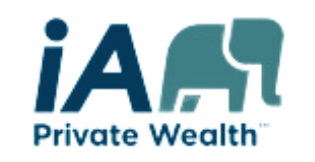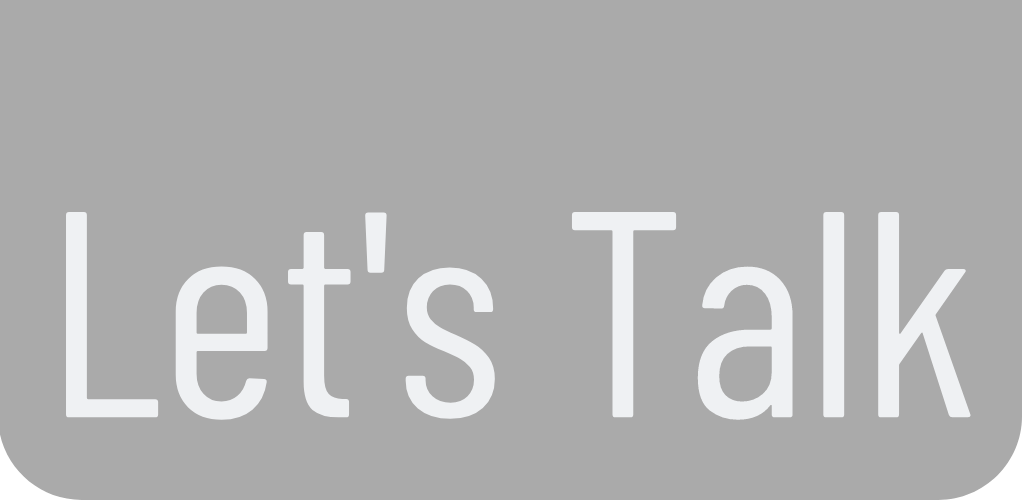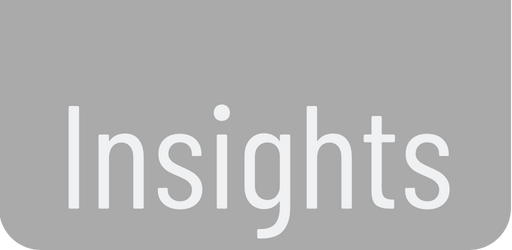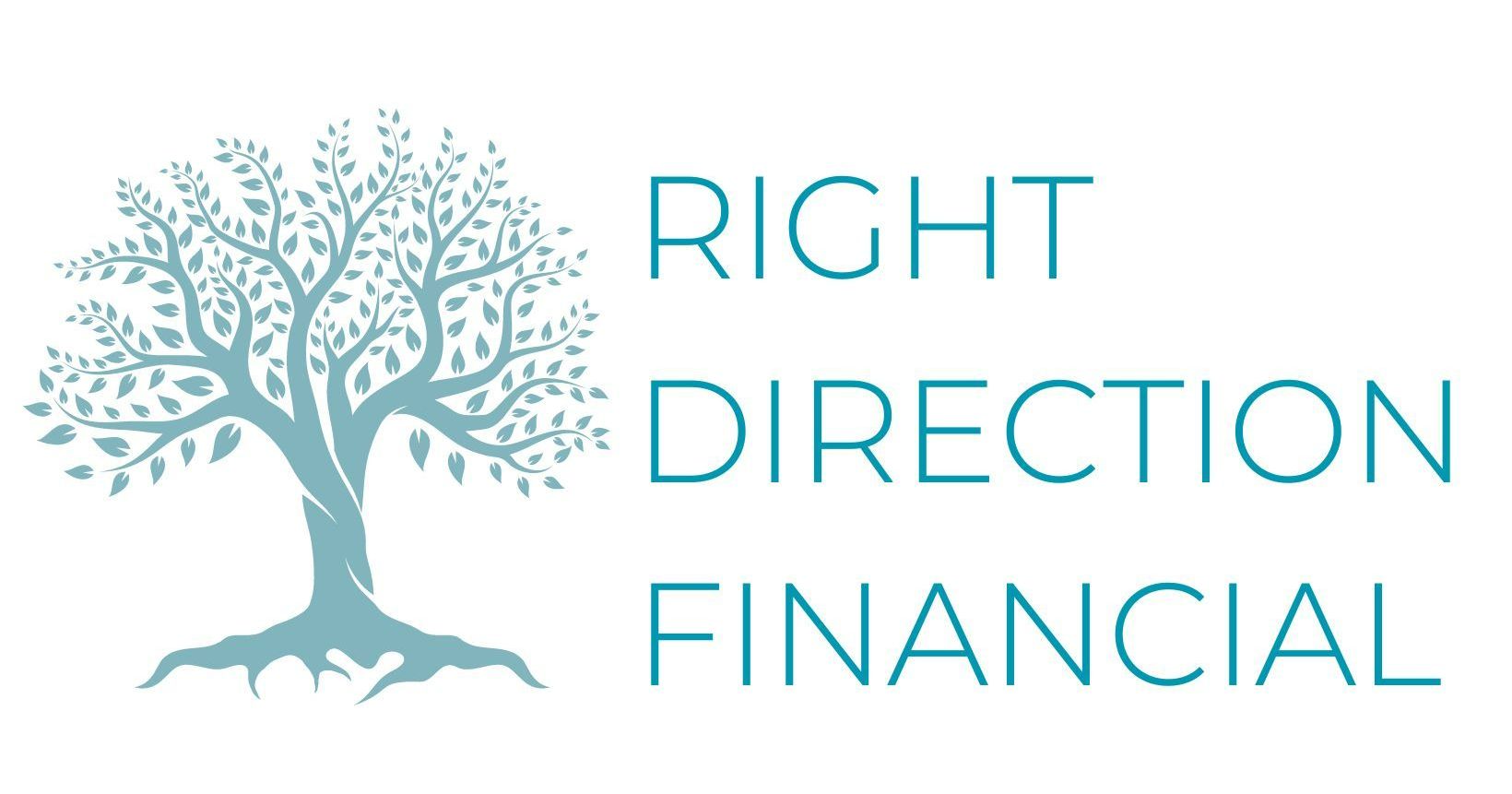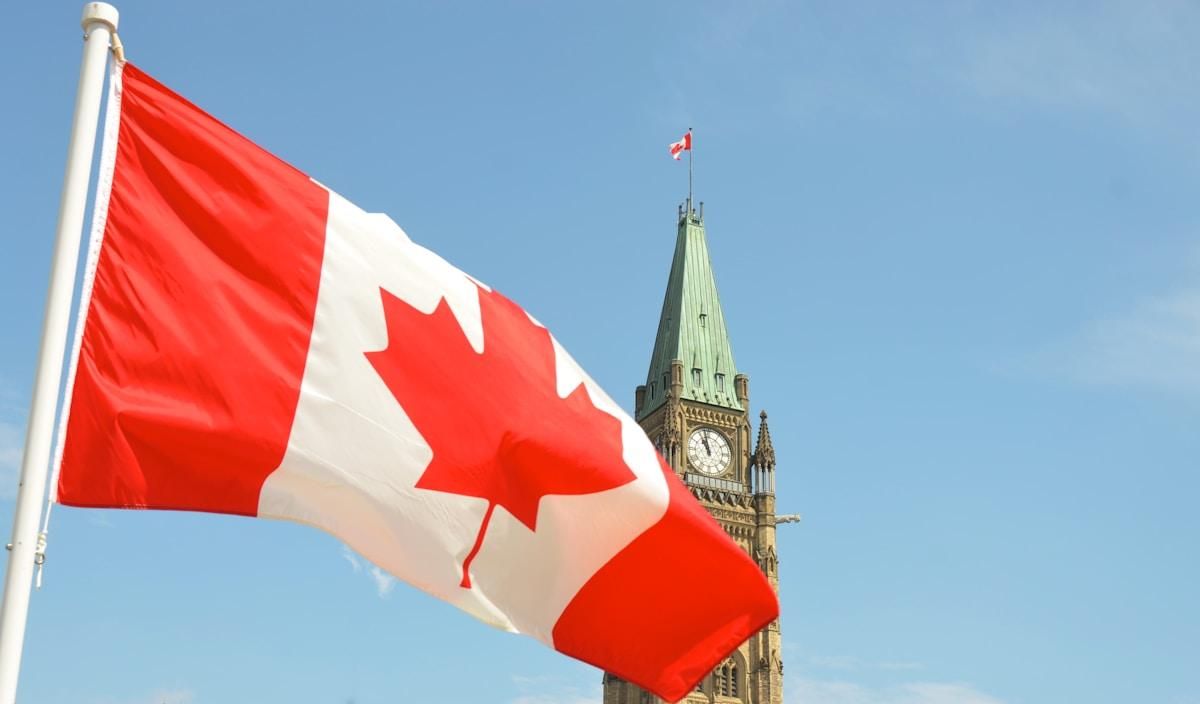2022 Year End Tax Info Sheet
Welcome to our year end tax info sheet. Here are changes in numbers and ideas to keep in mind to help with your taxes:
Are you prepared to meet upcoming deadlines to achieve 2022 tax savings?
Investments
- Have you maximized your TFSA contribution?
- Should you sell investments with unrealized capital losses/gains?
Family
- Have you considered income splitting loans with family?
- Are you moving to a new province/territory?
- Did you sell your home?
- Are you saving for your first home?
Retirement and estate planning
- Have you maximized your RRSP contribution?
- Is it time to wind up your RRSP?
- Do you have a trust (including a bare trust)?
Other planning opportunities
- Did you contribute to a RESP for a child?
- Have you made a charitable donation?
- Do you drive a company car?
- Have you paid your personal tax instalments?
- Do you need to make a taxpayer-relief request?
Payments due by December 31, 2022
- Charitable gifts
- Medical expenses
- Union and professional membership dues
- Investment counsel fees, interest, and other investment expenses
- Certain child and spousal support payments
- Political contributions
- Deductible legal fees
- Interest on student loans
- Contributions to your RRSP if you turned 71 during 2022 (you will also have to wind up your RRSP by this date).
Payments due by January 30, 2023
- Interest owed on intra-family loans
- Interest payable by you on loans from your employer, to reduce your taxable benefit.
Payments due by February 14, 2023
- Reimbursement of personal car expenses to your employer to reduce your taxable operating benefit from an employer-provided car.
Payments due by March 1, 2023
- Deductible contributions to your own RRSP or a spousal RRSP
- Contributions to provincial labour-sponsored venture capital corporations
- RRSP repayments under a Home Buyers’ Plan or a Lifelong Learning Plan
PERSONAL INCOME TAX RATES
- The combined federal and provincial top marginal tax rate in BC remains at 53.50% once your income is excess of $227,000.
- The maximum marginal tax rate for eligible Canadian dividends for 2022 is 36.54%.
- The maximum marginal tax rate for regular dividends for 2022 is 48.89%.
BASIC PERSONAL AMOUNT
- The basic personal amount for 2022 is $14,398 for taxpayers with net income of $155,625 or less.
- The basic personal amount for 2023 is $15,000 for taxpayers with net income of $165,430 or less.
- At income levels above $165,430, the basic personal amount is gradually clawed back until it reaches $13,521 for net income of $235,675.
RRSP CONTRIBUTIONS
March 1, 2023 is the last day you can contribute to an RRSP and deduct the contribution on your 2021 personal tax return. However, the earlier you make the contribution, the more time you have to let your tax-sheltered retirement income funds grow.
Your 2022 RRSP “contribution limit” is equal to 18% of your 2022 “earned income” up to a maximum contribution limit of $29,210, plus any unused contribution room from prior years. The 2023 limit is $30,780.
Earned income generally consists of net income from employment, business, and rental.
If you turned 71 during 2022 you must wind up your RRSP by the end of the year. Therefore, the last day you can contribute to your RRSP is December 31, 2022. However, if you have “earned income” in 2022, you will be entitled to additional contribution room for 2022.
If you are over the age of 71, you can still make contributions to a spousal RRSP up to the end of the year your spouse turns 71.
TFSA CONTRIBUTIONS
You can contribute up to $6,000 to a TFSA for 2022 if you are a Canadian resident age 18 or older. Any unused contribution room can be carried forward indefinitely, so this limit may be higher if you did not contribute to a TFSA in a prior year. For example, if you have never contributed to a TFSA, you may be able to contribute a total of $81,500 before December 31, 2022, or $88,000 by the end of 2023.
Contributions to a TFSA are not tax deductible, but investment income earned in the TFSA is tax-free, and you can make tax-free withdrawals from the TFSA at any time. When you make a withdrawal, the amount withdrawn will be added to your contribution room for the following year, so that it can be re-contributed in or after that following year.
Be careful as over-contributing to your TFSA may result in a penalty of 1% per month on the amount off excess TFSA contributions until you have withdrawn the excess amount or more contribution room becomes available in the subsequent year.
Maximum CPP pensionable earnings: For 2023, the maximum pensionable earnings amount is $66,600 (up from $64,900 in 2022), and the basic exemption amount remains $3,500 for 2022 and 2023.
Maximum EI insurable earnings: The maximum annual insurable earnings (federal) for 2023 is $61,500, up from $60,300 in 2022.
Home buyers’ amount: Did you buy a home? You may be able to claim up to $5,000 of the purchase cost and receive a non-refundable tax credit of up to $750.
LIFETIME CAPITAL GAINS EXEMPTION
The lifetime capital gains exemption limit increased to $913,630 (from $892,218 in 2021) effective for dispositions of ‘qualified small business corporation’ shares by individuals occurring in 2022. The lifetime capital gains exemption limit on qualified small business corporation shares is indexed to inflation for future tax years.
REGISTERED EDUCATION SAVINGS PLAN (RESP) CONTRIBUTIONS
December 31, 2022 is the last day you can contribute to an RESP and receive a Canada Education Savings Grant (CESG) for 2022. There is no maximum annual RESP contribution limit, but the lifetime maximum contributions are $50,000. CESG grants are calculated at 20% of your RESP contributions, subject to an annual limit of $500 ($1,000 if there is unused grant room from a previous year) per child under the age of 18 and a lifetime limit of $7,200. Additional age restrictions apply for RESP contributions and withdrawals.
Families with a total income of less than $100,392 may qualify for increased CESG benefits on the first $500 of RESP contributions.
All B.C. children born on or after January 1, 2006 who have an RESP are entitled to receive the $1,200 B.C. Training and Education Savings Grant. To access the grant, families must open a RESP and apply for the grant before the child turns nine years old. A family may only apply for the grant once the child has turned six years old.
CHILD CARE EXPENSES
Subject to certain limitations, childcare expenses incurred during the year may be claimed as a deduction from income. In two-parent families, childcare expenses must generally be claimed by the lower income spouse. The maximum deductible amounts are $8,000 for each child under the age of seven at the end of the year, and $5,000 for each child between the ages of seven and sixteen at the end of the year.
If your child is eligible for the disability tax credit, the limit for childcare expenses for any age is increased to $11,000.
The total deduction for childcare expenses cannot exceed two-thirds of the earned income of the person claiming the deduction.
Remember that boarding school and camp fees can qualify for the childcare deduction (limits apply), and that you’ll need to keep receipts for all childcare expenses.
CANADA CHILD BENEFIT
The Canada Child Benefit (CCB) is a tax-free monthly payment made to eligible families. The CRA uses your income tax and benefit return from the previous year to determine the amount of CCB payments you are entitled to.
To qualify for the CCB payments, you and your partner must file your return every year even if you did not have any income in the year.
Benefits are paid over a 12-month period starting July and ending in June of the following year. Your benefit will be recalculated every July based on your income tax and benefit return from the previous year.
The B.C. family benefit, (previously called the B.C. child opportunity benefit) provides a tax-free benefit of up to $133.33 per month for the first child, $83.33 per month for the second child, and $66.67 per month for each additional child under the age of eighteen. The amount is combined with the CCB into a single monthly payment. The benefit is reduced if the family’s net income exceeds $25,800.
Eligible families with net income below $25,800 can get a temporary benefit enhancement for January 2023, February 2023 and March 2023 of up to $191.66 per month for the first child, $141.67 per month for the second child, and $125.00 per month for each additional child under the age of eighteen.
Children must be registered for the CCB to receive the BCCOB. Those who are not already registered will need to apply for the CCB through the CRA. Children who are already registered for the CCB will automatically be registered for the BCCOB.
STUDENTS
Scholarships and Other Prizes − All scholarship, fellowship, bursary, or prize income received from a program that entitles the student to the education tax credit is tax exempt. Where the student is enrolled in a part-time program, the exemption applies only to the extent the award covers tuition fees and costs incurred for program-related materials. For other scholarships, fellowships, bursaries, or prizes, the first $500 is tax exempt.
Tuition Credits – Tuition fees and student loan interest must be paid on or before December 31, 2022 to qualify for a tax credit in 2022. Unclaimed tuition credits can be carried forward indefinitely (or transferred to a supporting parent, grandparent, or spouse up to certain limits), while unclaimed credits for student loan interest can be carried forward for five years.
Foreign University Tuition Fees – If you attended a foreign university, your tuition fees may be eligible for a tuition credit in Canada. To support such fees, you must have the foreign university complete a Form TL11A, Tuition, Education, and Textbook Amounts Certificate – University Outside Canada, and provide the form to CRA upon request.
REGISTERED DISABILITY SAVINGS PLAN (RDSP)
You can set up an RDSP for a child if he or she qualifies for the disability tax credit. The maximum lifetime contribution limit is $200,000 per child, and contributions are not tax deductible. Income earned inside the plan is exempt from tax and withdrawals are taxable to the beneficiary.
Contributions may be receive significant government grants i.e. up to a maximum of $3,500 in matching grants in one year, and up to $70,000 over the beneficiary’s lifetime depending on the beneficiary’s family income and contribution levels.
Disability amount: The amount for 2022 is $8,870 (non-refundable credit; with a supplement up to $5,174 for those under 18 (the amount is reduced if childcare expenses are claimed; $5,053 in 2021).
Child disability benefit: The child disability benefit is a tax-free benefit of up to $2,985 or $248.75 a month (2022) for families who care for a child under 18 with a severe and prolonged impairment in physical or mental functions.
MEDICAL EXPENSES
Medical expenses you wish to claim in 2022 must be paid within any twelve-month period ending in 2022 to obtain a tax credit. The credit is equal to the medical expenses incurred, minus the lesser of (i) 3% of net income and (ii) $2,479, multiplied by 15%. For the 2022 tax year, the maximum is 3% of net income or $2,479, whichever is less.
Expenses for medical or dental services (including related expenses such as travel) which are purely for cosmetic purposes do not qualify for the medical expense credit.
CHARITABLE DONATIONS
Charitable donations must be made on or before December 31, 2022, to qualify for a tax credit in 2022. Donations may be claimed up to an amount not exceeding 75% of net income. Donations in excess of 75% of net income can be carried forward and deducted for up to 5 years.
For deceased taxpayers, the limit is increased to 100% of net income in both the year of death and the preceding year (taking into account bequests or legacies in the deceased’s will).
Donations of certain publicly traded marketable securities that have appreciated in value can offer even greater income tax benefits than cash donations. The inclusion rate for capital gains realized on the disposition of securities by way of donation is reduced to 0% (instead of the normal capital gains inclusion rate of 50%). Therefore, instead of selling securities with accrued gains to make a cash donation, consider donating the securities instead.
Donating publicly-traded marketable securities that are in a loss position can also be effective as you will receive a donation receipt for the fair market value of the securities at the date of the donation, and you will also be able to use the capital loss.
POLITICAL DONATIONS
Political donations must be made on or before December 31, 2021, to qualify for a tax credit in 2022. The maximum credit available for federal political donations is $650 on $1,275 of donations. The maximum credit available for B.C. provincial political donations is $500 on $1,150 of donations.
MOVING EXPENSES
If you moved within Canada during the year, your moving expenses may be deductible. In order to qualify, you must start employment or operating a business at a new location, and your new home must be at least 40km closer to the new location than your old home.
The deductibility of moving expenses is limited to the income earned at the new location in the year and can be carried forward indefinitely. Moving expenses include out-of-pocket costs for moving, realtor’s commissions and legal fees on the sale of your old home, and the property transfer tax and legal fees paid on the purchase of your new home.
If you moved into or out of Canada during the year but remained a Canadian resident for income tax purposes while you were abroad, you may also be able to deduct your moving expenses.
Over 65?
Age amount: You can claim an age amount if you were 65 years of age or older on Dec. 31 of the taxation year. The maximum amount you can claim in 2022 is $7,898, up from $7,713 in 2021.
OAS recovery threshold: If your net world income exceeds $81,761 in 2022 you may have to repay part of or the entire OAS pension.
Sources:
https://home.kpmg/ca/en/home/insights/2022/11/2022-year-end-personal-tax-planning-tips.html
